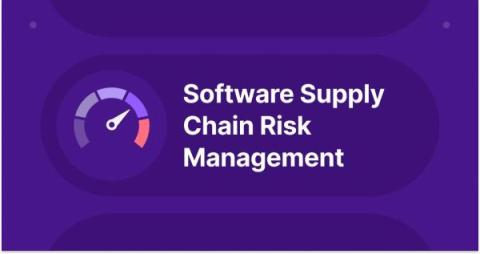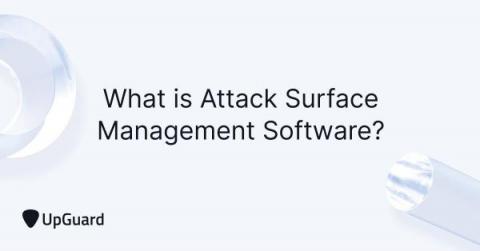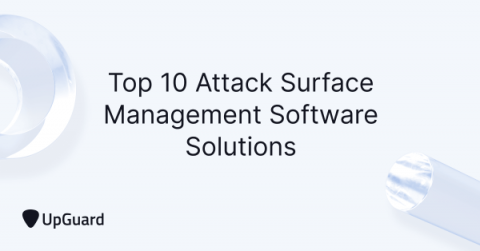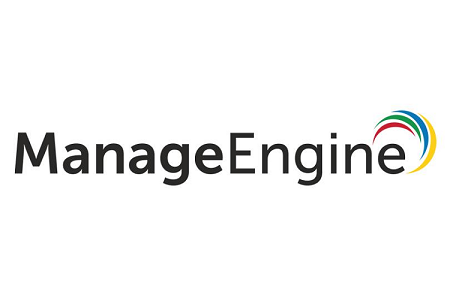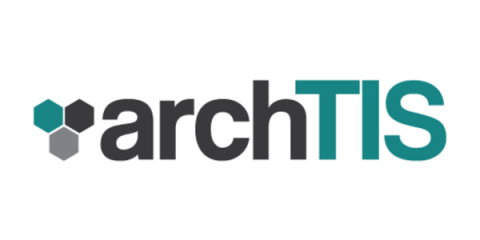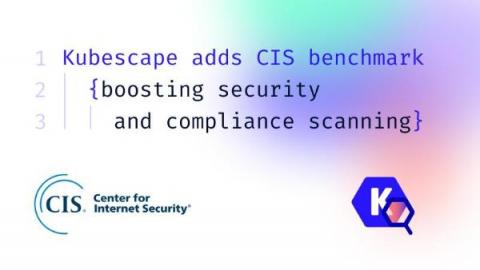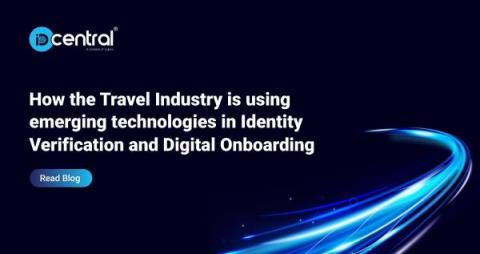Software Supply Chain Risk Management
Can you imagine a world without software? No, neither can I. The same goes for many other technology-based products, such as cell phones. Software is everywhere and it’s critical to businesses of all sizes. In this article, we discuss the software supply chain risk management process needed to protect your business from risks in the software supply chain and how that affects product development speed in what seems like an ever-changing market landscape.


